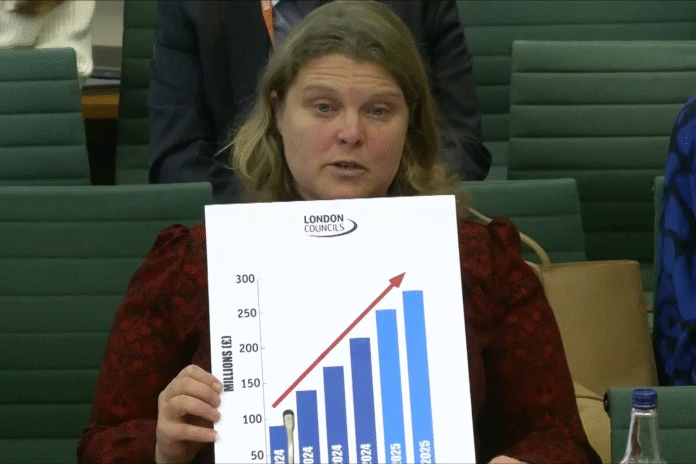The Highland Council in Scotland has voted to draw up plans for a tourist tax after the idea received public backing in a consultation.
Around two-thirds of respondents to an online survey on the transient visitors levy (TVL) supported the idea.
Councillors agreed five principles to guide the proposals including that it should exclude residents, ring fence revenue for tourism uses and should not just be a “bed tax” on people staying in overnight accommodation.
A statement from the council said: “The council recognises the challenges and considerations of introducing a Highland TVL raised through the consultation.
“However, this must be weighed up against overall levels of support found in the results, and the potential benefits to the region – not least enabling the council to increase investment in maintaining and enhancing infrastructure used by visitors which will help support local economies, enhance the visitor experience and help Highland tourism become more sustainable.”
Most read in
- IFRS 9 override extended to 2029 for existing investments(47 views)
- After EFS: Worcestershire s151 Phil Rook on the uncertain road to financial resilience(33 views)
- Richard Harbord: section 114 was never meant for today’s crisis(31 views)
- Yes Minister: Treasury ‘confident’ LGPS pool’s FCA authorisations can be achieved by March 2026(23 views)
- New: LGPS regional investment special report(21 views)
- Westminster borrows £235m over 42 years to acquire temporary accommodation – an ‘innovative’ solution or should government do more?(19 views)
- The rise of the senior LGPS officer: how will the new role impact funds?(17 views)
- ‘Golden opportunity to turn ship around’ must not be squandered in Spending Review, say London boroughs(17 views)
- Room151 LGPS podcast: investing in venture capital climate solutions(16 views)
- The government’s push to merge pools lacks transparency(15 views)
More from
£330m overspend on homelessness budgets pushing London boroughs ‘to bankruptcy’
London boroughs are quickly moving “towards bankruptcy” because of the “worsening homelessness emergency”, new analysis has found.











